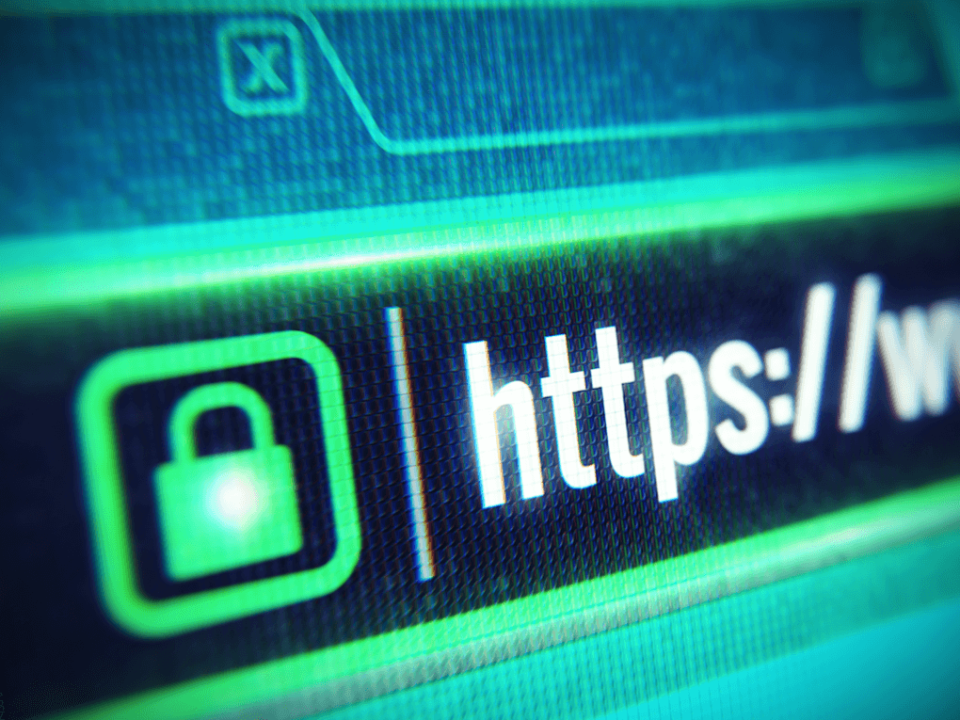
We love encryption here at Best VPN Provider. But what is HTTPS all about, and how does it connect to encryption? What does that little lock in the address bar actually do? You know that the ‘S’ has something to do with encryption, but understanding what it does, and does not do, can really protect you online.
HTTPS is for encryption
Many people know to just look for the little lock icon in their address bar. They know that this means that their connection to whatever server hosting the website is secure. They may also know that it helps protect against ISP spying:
- Your ISP will be able to see that you are at HTTPS://Reddit.com.
- Your ISP will not be at the see that you are at HTTPS://Reddit.com/r/bestbooties.
This means that your ISP can see domain of the websites that you visit. Did you go to a porn site? They know. Are you curious and researching something like bomb making? They know. The only way to protect yourself in this instance is to use a VPN. It will give you end to end encryption against your ISP, hackers, and most government spying.
Tech companies: use this time to enable end-to-end encryption everywhere. Your future depends on making pervasive crypto a fait accompli.
— Edward Snowden (@Snowden) May 27, 2016
Using HTTPS does not mean that websites you visit won’t be able to scam you. This is because absolutely any site on earth can use HTTPS encryption. Even HTTPS://WeStealMoney.com can use it.
What is HTTPS good for then?
You may be wondering what the point of HTTPS is if absolutely anyone can use it. Well, that is not what is meant for at all. The HTTPS protocol is meant to protect information from being monitored. Think of it as the phone line in your home. Your phone company is not responsible for robo-callers getting hold of you and scamming your credit card. They are responsible for making sure that your phone line is secure.
![]() What you have to do is make sure that you are connecting to legitimate websites. There is virtually no way that the entire Internet can be filtered for your protection. It is simply too big, and staying safe online is going to come down to you knowing how to take personal responsibility.
What you have to do is make sure that you are connecting to legitimate websites. There is virtually no way that the entire Internet can be filtered for your protection. It is simply too big, and staying safe online is going to come down to you knowing how to take personal responsibility.
How to spot scam websites
Online scammers try everything in the book to separate you from your money and information. One of the most common scams is a website that’s trying to do work for you that it shouldn’t. You can’t trust any sort of message that says that you have a problem with your banking. Go to your bank yourself.
You also need to look at phishing attacks. HTTPS is completely helpless in protecting you against a phishing attack. In fact, those doing a phishing attack may actually use the HTTPS protocol in an effort to trick you further. The primary activity in a phishing attack is that they are trying to take your passwords, or credit card numbers, by using some form of deceit.
Tools to use against scam websites
Use something like hpHosts if you’re unsure. This website tracks known problem websites that have hosted malware, phishing attacks, and other issues. Norton Safe Web is another alternative.
A safer way to be social! http://t.co/jAW7D9SX Download #Norton Safe Web on @Facebook App Center under “top rated apps” in Utilities:
— Norton (@NortonOnline) August 10, 2012
You will also want to pay attention to your browser. Most browsers have some sort of pop-up warning for websites that are suspicious. If you ignore them it is your fault for going to a website that is going to harm you.
Not clicking suspicious links
Have you ever got an email from your bank saying that you needed to click a link in order to fixing account freeze? That was a scam. Your best approach is to go directly to your bank, either online or in person, and find out what is going on.
The same goes for online shopping websites, your PayPal account, unpaid invoices, anything that involves money which you do not initiate.
Using networks you do not control
Anytime you use a network which is not your own, or that of your employer, it is safe to say that you should not trust it. What is HTTPS going to do when a hacker controls your computer? Not much, and it is a risk on public WiFi if you are not careful.
When you connect to an unsecured network, you must also connect to a VPN. Many of these have easy to use apps that make it simple for you to stay secure. They offer a complete encryption that you may be missing out on. They also hide everything that you’re doing online from the person who does control the network.
What is HTTPS doing for you?
The HTTPS protocol does plenty to protect you. It helps you on your banking website, social media, online stores, and other sensitive places. However, it does not protect you everywhere. For that, you’re going to have to start using some of your own common sense, some good tools, and a VPN.
A final tool that you can consider using is known as HTTPS Everywhere. This browser extension forces websites to take you to the HTTPS version of their website. It’s not much, but it is better than nothing. After all, what is HTTPS good for if websites can choose to direct you to their unsecured version? This forces them, and offers you more protection.
